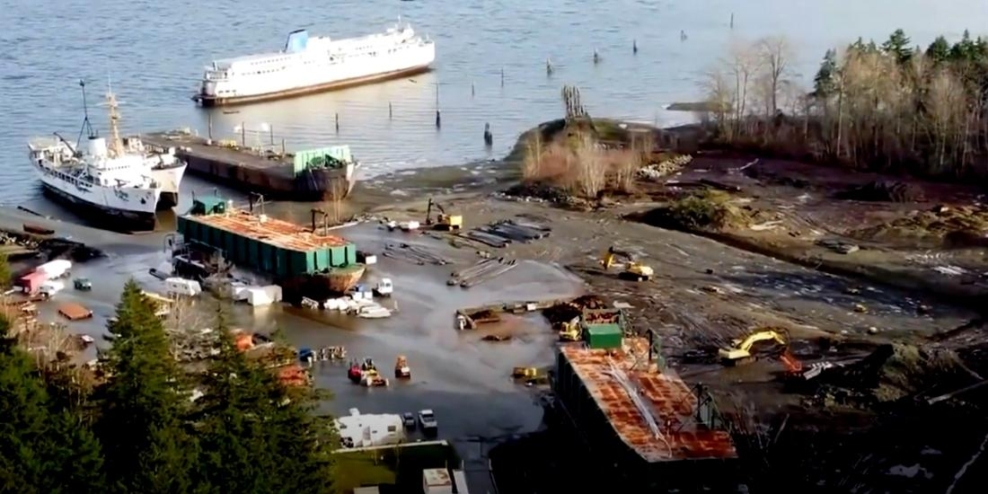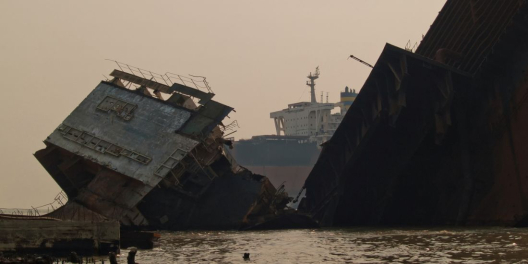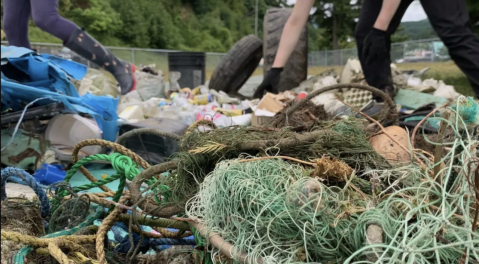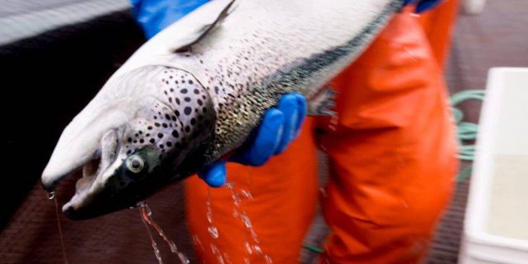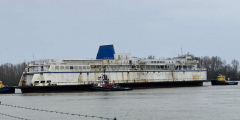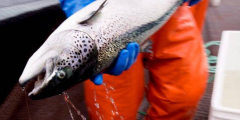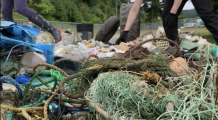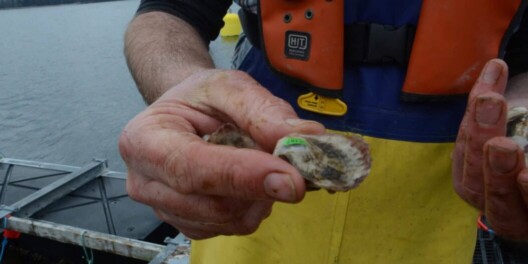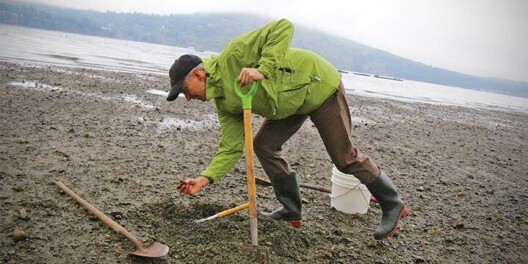The battle against a controversial shipbreaking business on Baynes Sound took another twist last month after the Comox Valley Regional District ruled that it is “not a permitted use” under current zoning.
The property, near Union Bay, used to be a log sort. Then, in 2020, the owner, Deep Water Recovery, began using the site to dismantle old ships and barges. The company continues to operate despite violating the zoning.
Now, the Regional District is seeking a court injunction to prevent shipbreaking at the location.
For months Baynes Sound residents have been asking the regional district to shut it down. They say shipbreaking poses a threat to water quality, marine life, and residents in Baynes Sound, which is home to a lucrative shellfish industry.
“It’s a very, very hazardous operation that needs to be done in a proper port with proper containment, processes, regulations in place, and we’re all for that but not in a residential neighbourhood on Baynes Sound,” Ray Rewcastle of the group Concerned Citizens of Baynes Sound, told CHEK News.
But this isn’t the end of the issue. The situation is further complicated because the Ministry of Forests, Lands, Natural Resource Operations allows ships to be hauled out of the water on and onto the foreshore.

Credit: Check News | Youtube
“It defies logic that those vessels are the same things as logs. The ships and barges all contain toxins, logs don’t contain toxins, so the FLNRO has been trying to paint the picture that this was a minor change, and we challenged them on that, and they won’t reply to us to be quite frank,” said Rob Kerr, another local resident.
Residents fear that Canada lacks adequate oversight and regulation of shipbreaking. The Baynes Sound shipbreaking controversy is getting global attention.
A January 11th letter from the Belgium-based NGO Shipbreaking Platform called out provincial and federal authorities for dropping the ball on shipbreaking regulation.
“We do not consider that the landing of vessels onto shores that are unable to contain the many hazardous materials onboard and embedded within the ships’ structures, as currently happening at Union Bay, is a sustainable or acceptable way of recycling ships,” wrote Ingvild Jenssen, executive director of the NGO, a coalition of human rights and environmental organizations from around the world. “It is clear that Deep Water Recovery Ltd. is not operating in line with international requirements for the safe and environmentally sound management of hazardous wastes.”
In a December news report, Mark Jurisich, CEO of Deep Water Recovery, told CHEK News that the company has a “very, very stringent environmental plan.”
